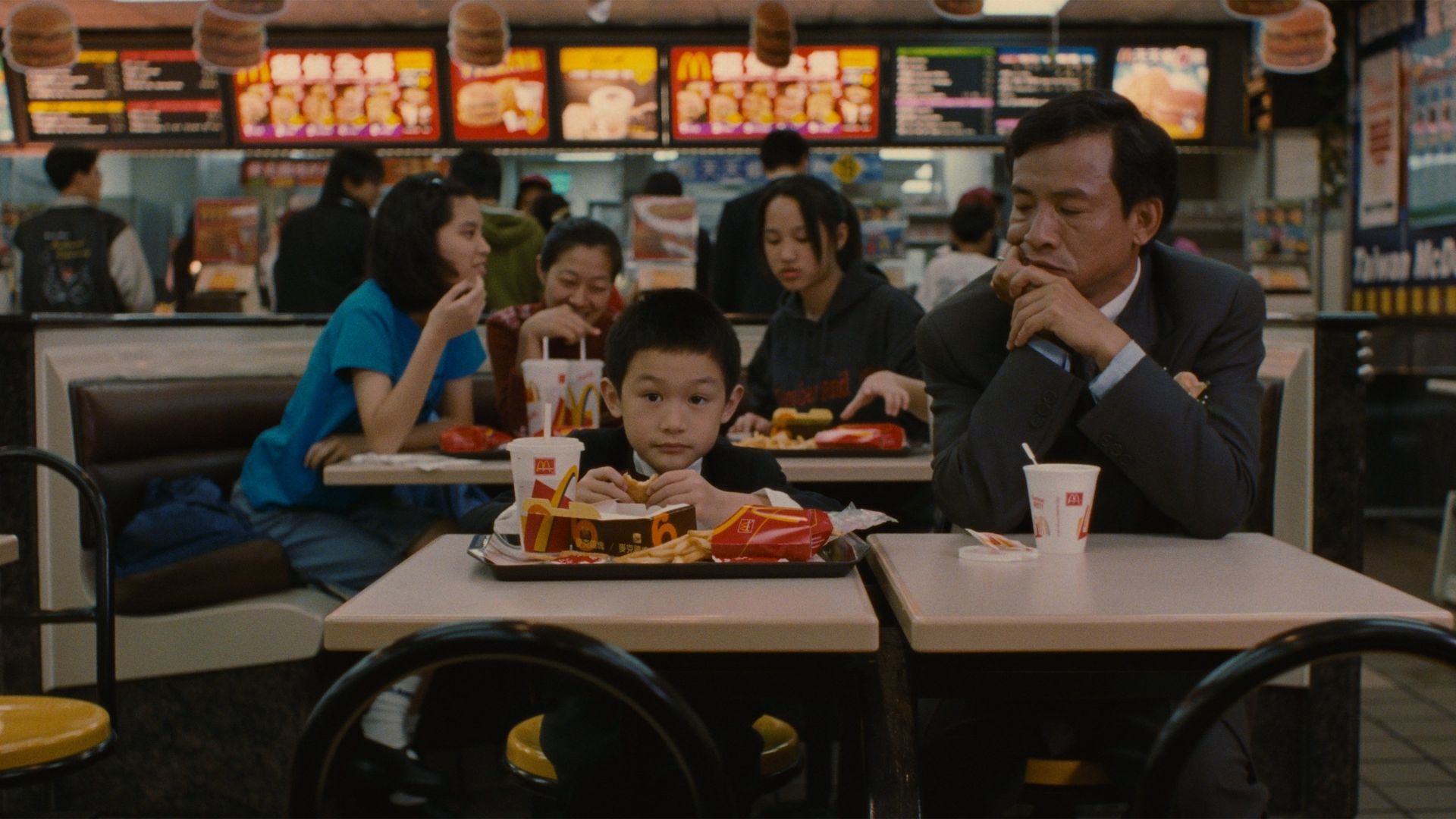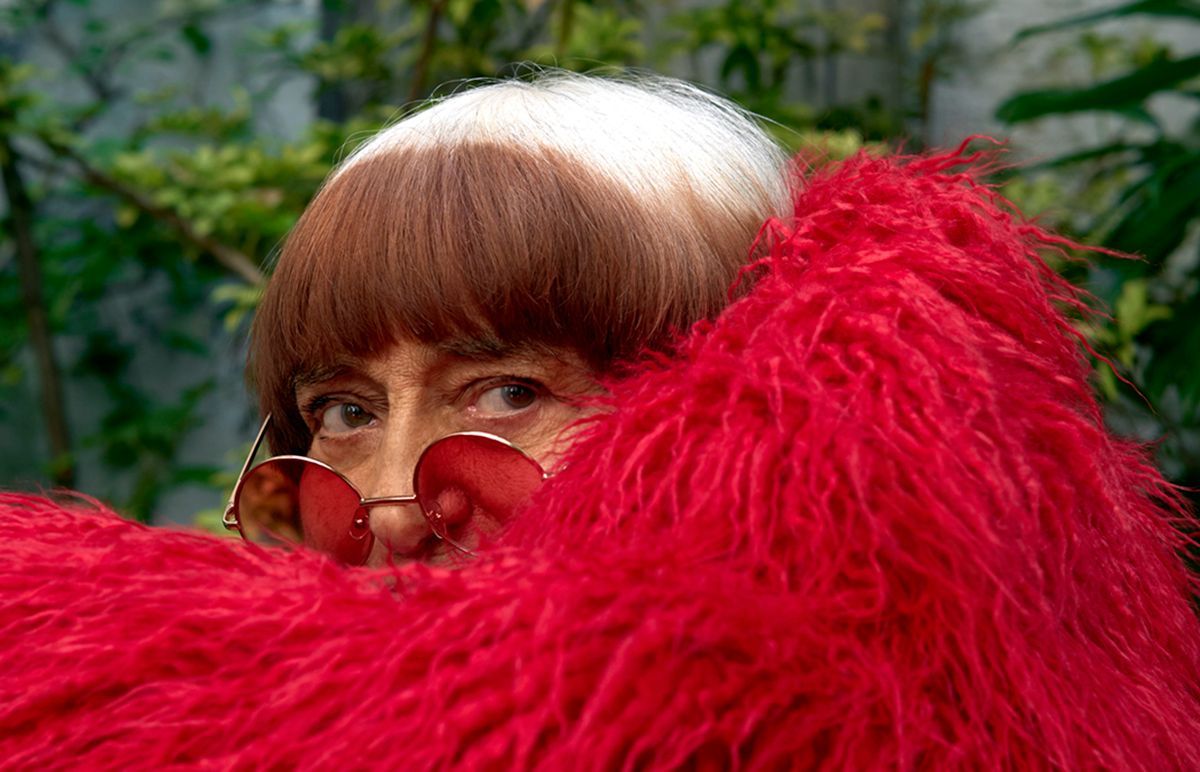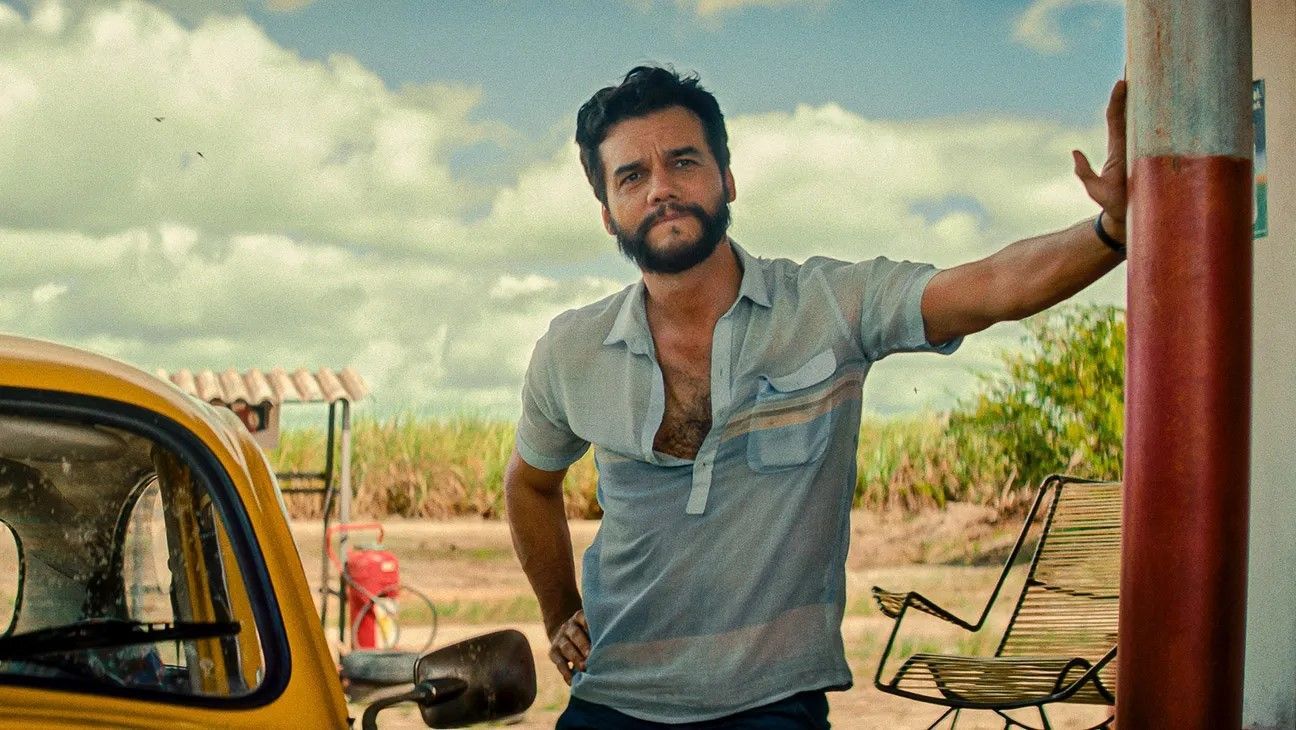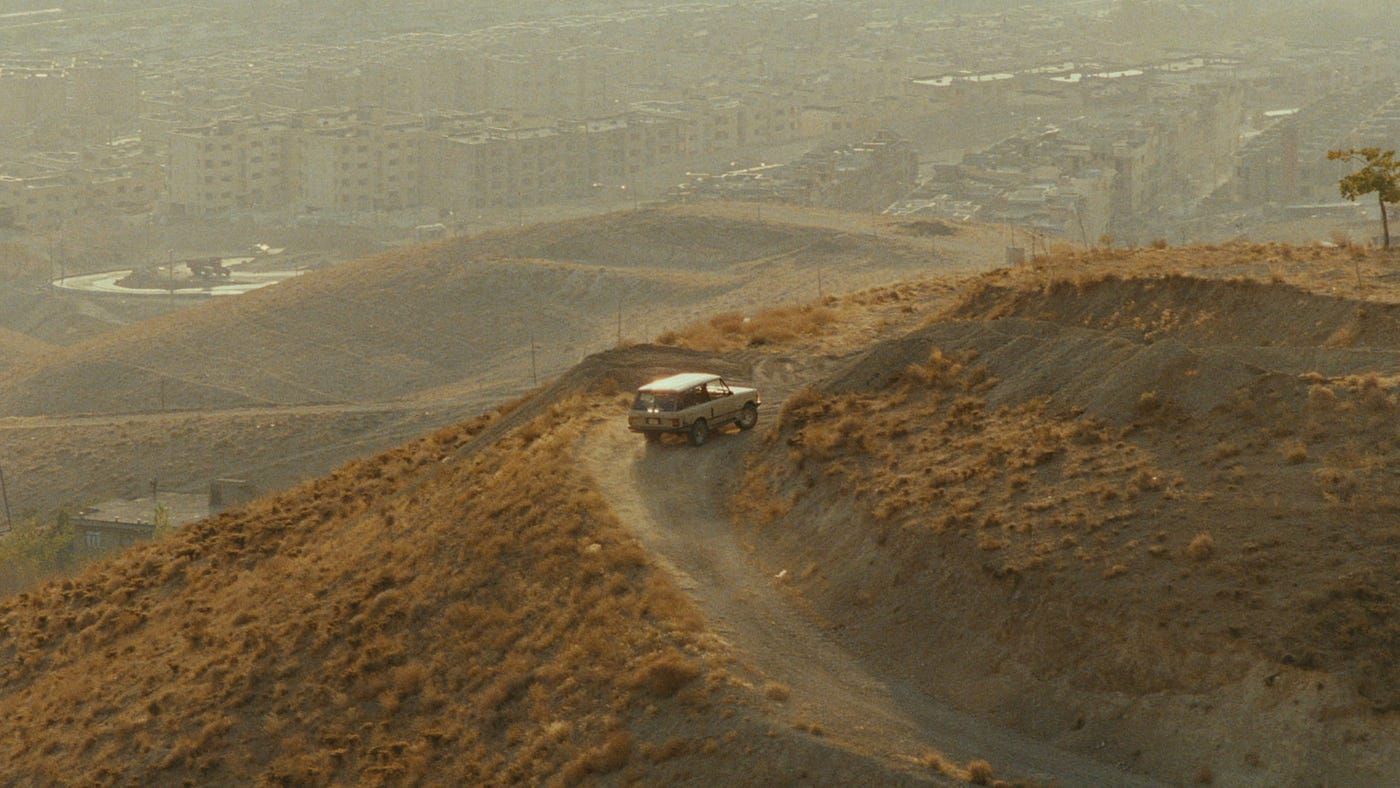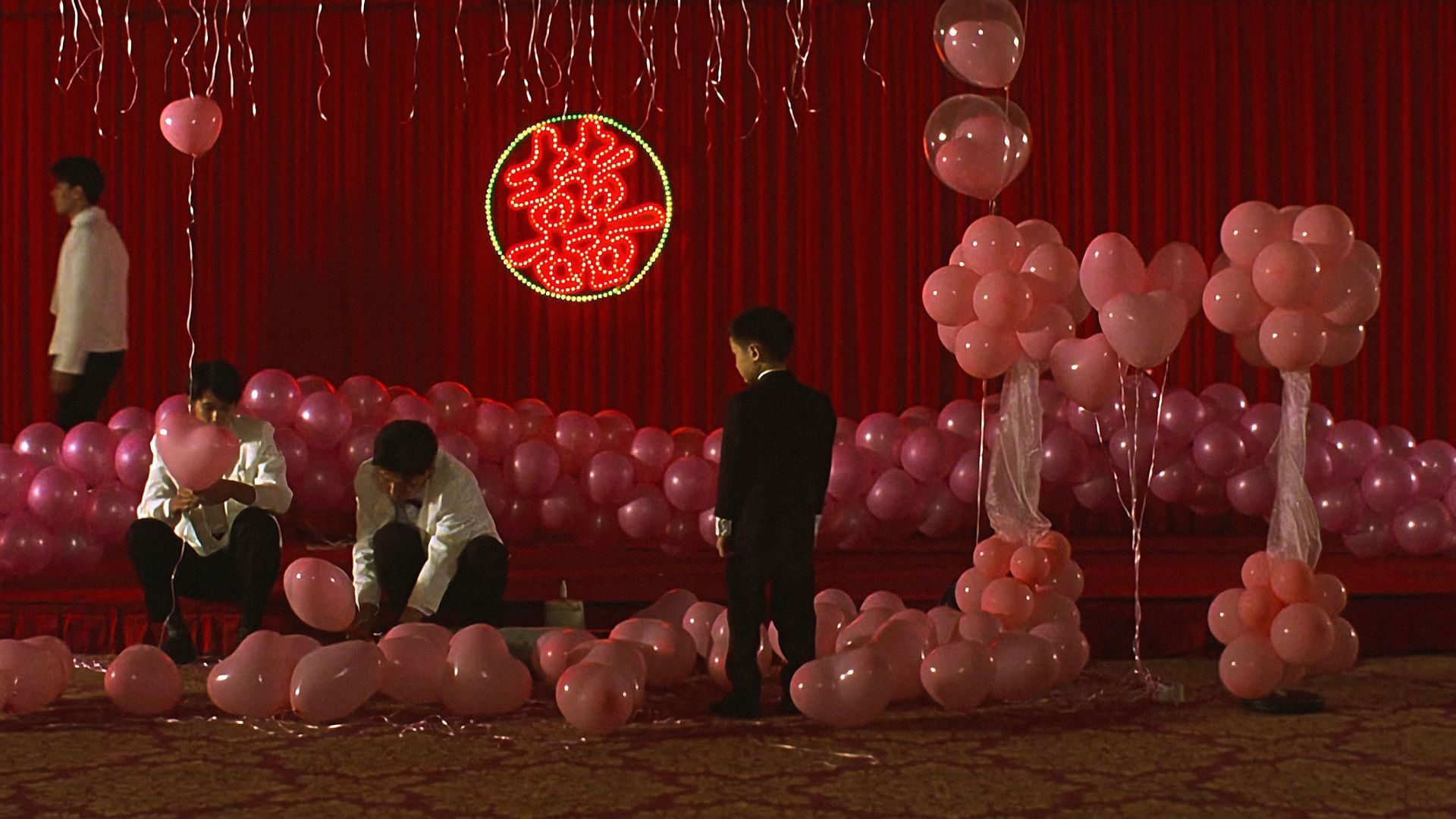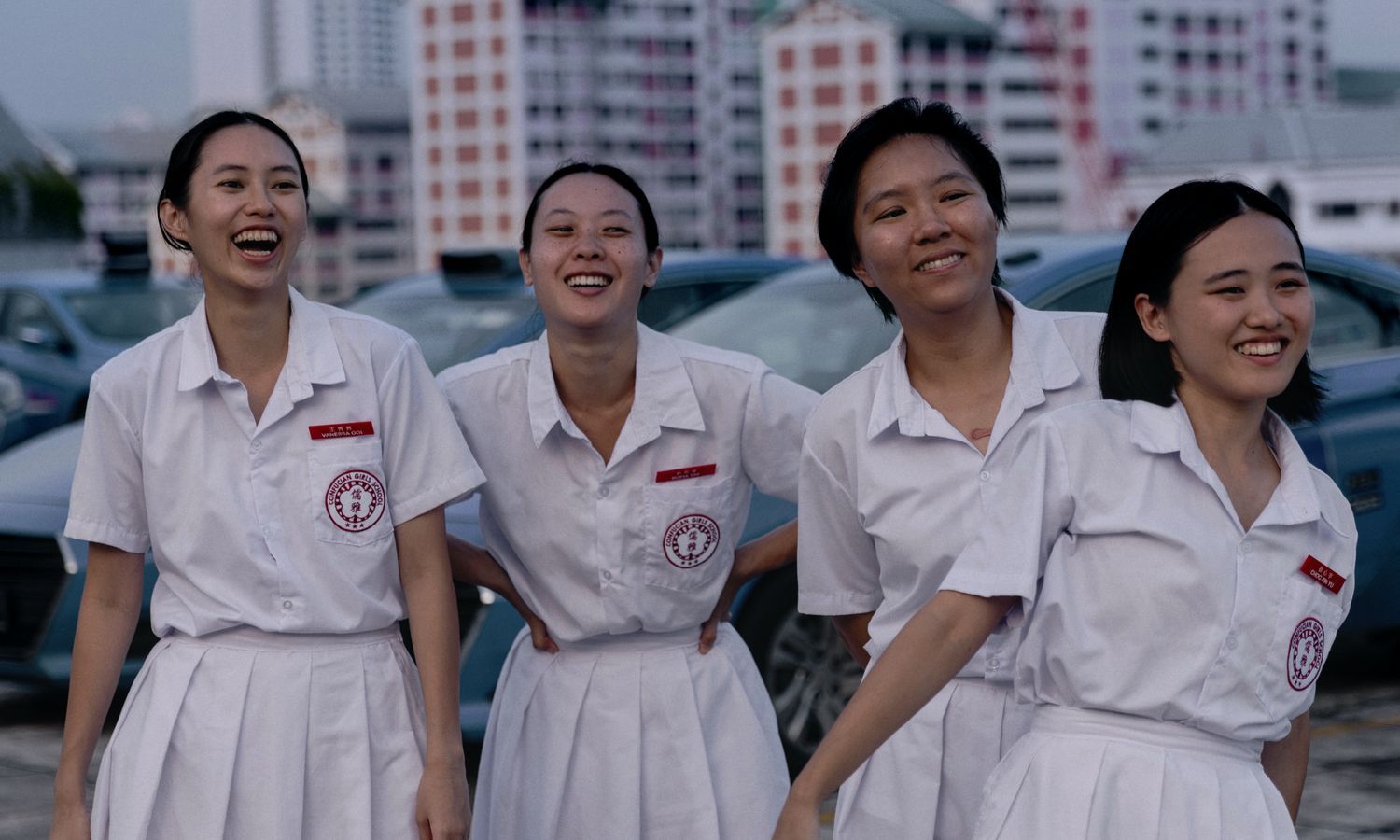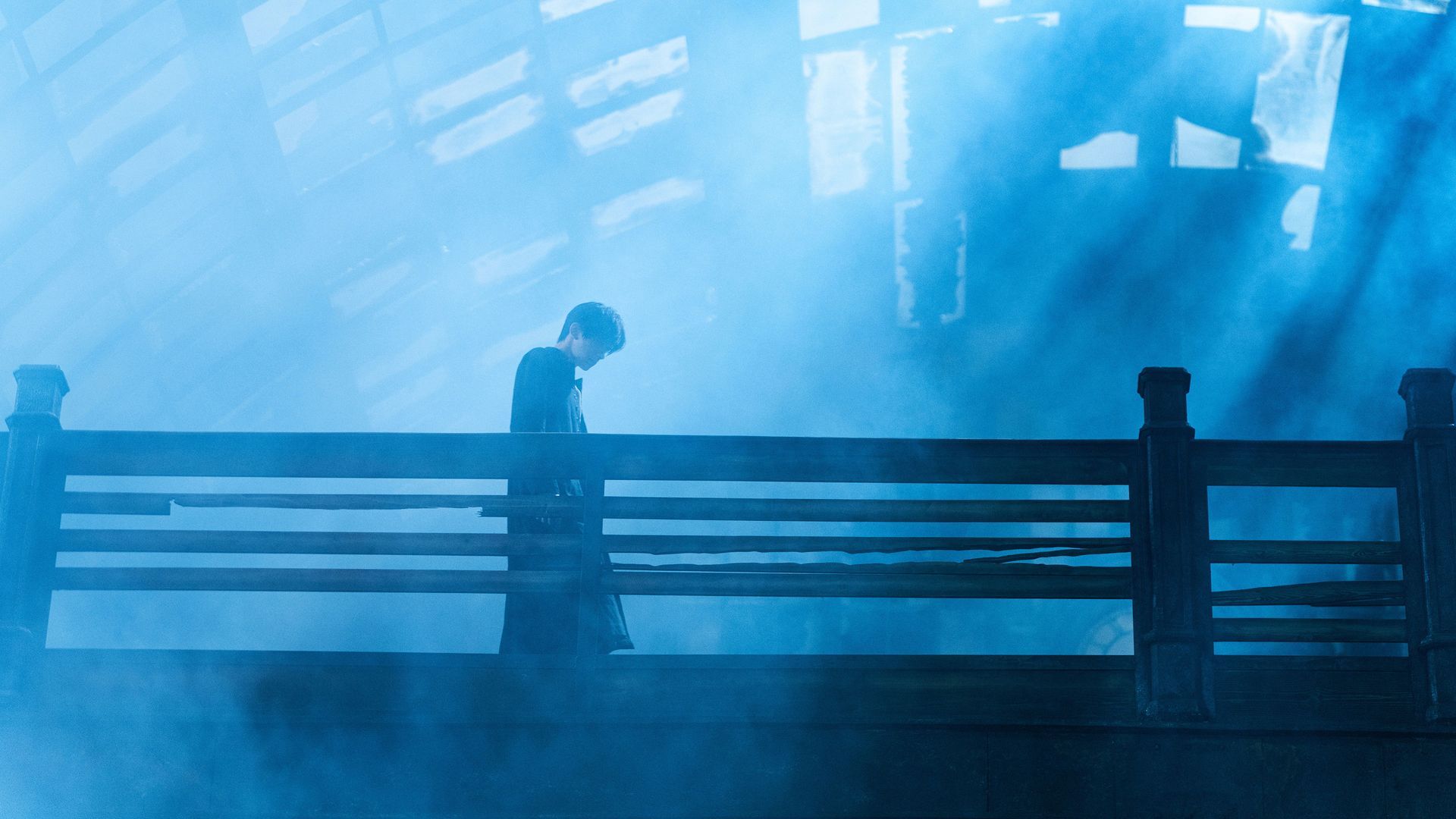Film Essay #2: WHAT CAN THE MCU LEARN FROM THE WWE?
Film Essay #2: WHAT CAN THE MCU LEARN FROM THE WWE?
*This film review may contain plot spoilers, reader discretion is advised.
Marvel Cinematic Universe, especially Ant-Man: Quantumania, Wandavision, and Doctor Strange: Multiverse of Madness.*
Let’s be honest here, something is wrong with the Marvel Cinematic Universe as of late. Their latest outing, Ant-Man: Quantumania, has been a disappointment, and this has been a trend since the end of their ‘Infinity Saga’, which was Avengers: Endgame. There have been diamonds in the rough like Wandavision, Spider-Man: No Way Home, and Shang-Chi; however, there seems to be a downward trend in each individual piece of media and we might be seeing the onset of “Superhero Film Fatigue” just like the fatigue of Westerns in 1960s America. However, I am not here to berate the MCU but I believe they can learn from the unlikeliest of sources of entertainment - professional wrestling.
If I were to preempt your reactions to that, some might have stopped reading, and to them, I bid you adieu. Others may roll their eyes but are interested to see what I have to say, and to that I say welcome. A few might be wondering what is professional wrestling anyway? It is a form of theater that involves simulated combat with dramatic and storytelling aspects. The most famous company doing this right now is WWE and I’m sure you have heard of them. Most people ridicule pro wrestling as fake - this is usually done by mixed martial arts fans or called kitsch by film, television, and theater aficionados. However, I believe they excel in certain aspects of storytelling that the Marvel Cinematic Universe can learn from.
Firstly, the similarities between the MCU and the WWE are apparent. Both follow heroes and villains who build up to big battles. They both have to do long-term storytelling to have audiences coming back, and recently the MCU did this. Still, professional wrestling has been doing it for years, which is converting good characters to bad and vice versa.
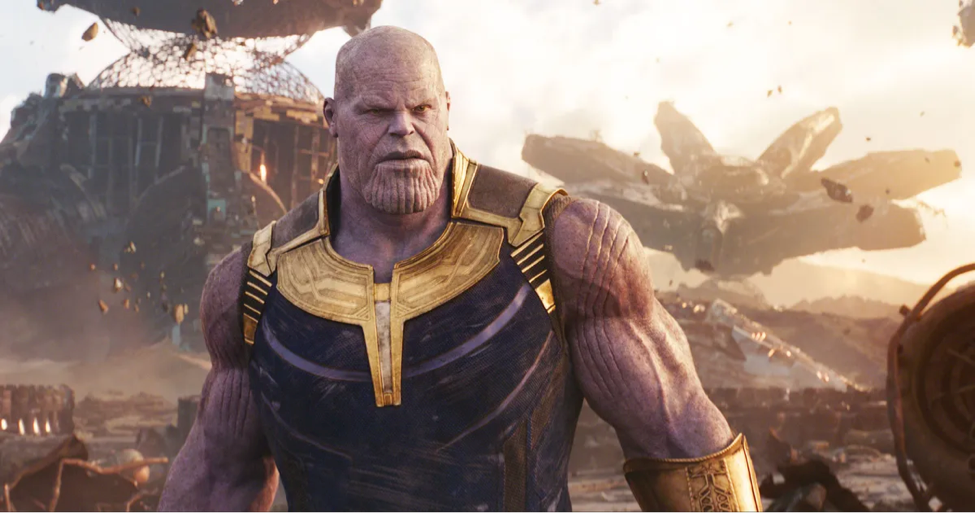
Film still from Avengers: Infinity War
When it comes to the former, the MCU has done well in the ‘Infinity Saga’, with the buildup to
Avengers: Infinity War
with the character, Thanos. He was built up well over cameos and mentions throughout the films leading up to Avengers: Infinity War, which the directors said was a film with him as the protagonist, in a sense of course. This was then concluded with Avengers: Endgame which is the big battle where the heroes triumph. This happens in pro-wrestling as well, where they use what is known as vignettes to spark the introduction of a new villain character or the return of a villain, and once they come back for their first match, they will win to set up a future loss that audiences will return for. So this is great, and an A+ for the MCU. However, they are now setting up a new overarching villain, akin to Thanos and I feel like they have made a big misstep.
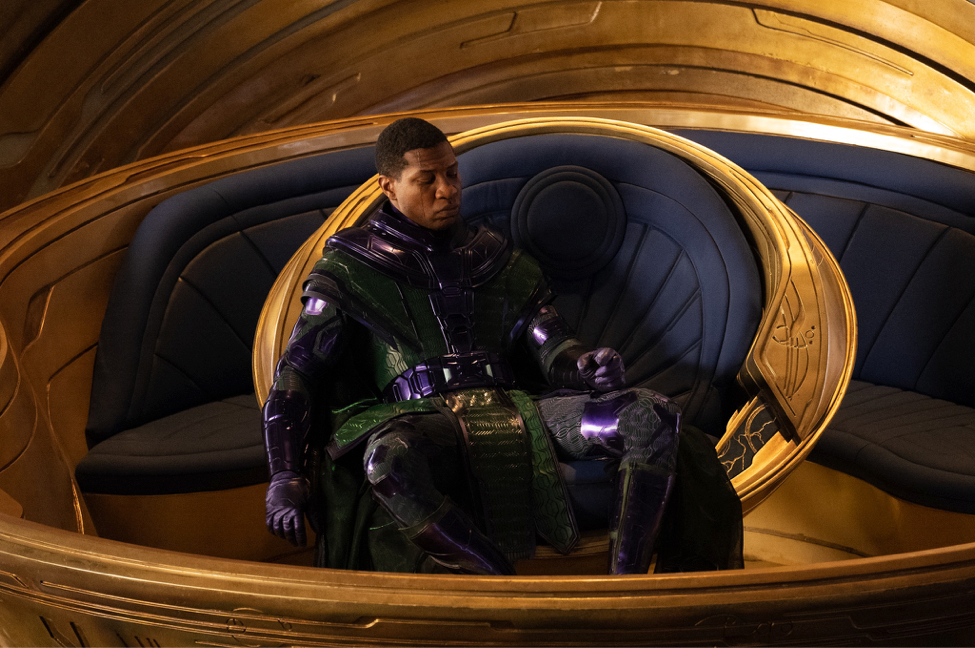
Film still from
Ant Man
Back to the film that initiated this entire article,
Ant-Man: Quantumania introduced Kang the Conqueror, who is the next Thanos for the next three years, which the people behind the MCU are calling the “Multiverse Saga”. If you know the comics, you will know that Kang the Conqueror is an apt villain, a time-traveling and extremely powerful character. However, in the third Ant-Man film, they make him the villain and he loses. Not only does he lose, but he also gains nothing as no important characters are killed. This is not how you build up an overarching villain. In professional wrestling, an overarching villain is considered the final boss for the hero to face to reach his pinnacle, which usually involves winning a championship belt. As of the writing of this article, the overarching villain in the WWE is Roman Reigns. He has been built up for years now, and has not been beaten yet. So, whenever he faces a hero, and if that hero is built up well, expectations are created and one might wonder if the hero will prevail or not. So, an overarching villain cannot lose before his peak, and I believe they did that with Kang in Quantumania. This follows another aspect that the MCU should borrow, which is that their heroes should lose, not just like in Infinity War but even in their normal films as this will keep the audience on their toes.
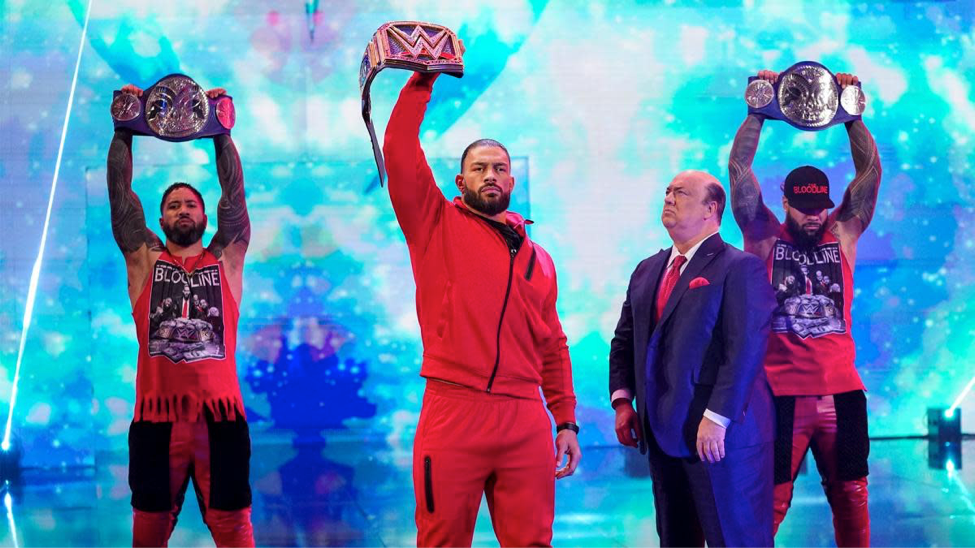
Photo credit: WWE
So, the MCU needs to present their overarching villain as undefeatable and also make their heroes feel like they can be hurt, and that they can lose. This will create suspense and keep audiences glued to the Marvel Cinematic Universe. With the ‘Infinity Saga’, they did the opposite and it worked. The heroes never lost in any film until Infinity War, and when they did, the emotional impact was immense. Repeating the same formula for the Multiverse Saga will not give the same results because the audience has already experienced it.
Another aspect that they can learn from pro wrestling that the MCU tried recently is what is known as ‘The Turn’, when a hero turns into a villain and vice versa. The MCU tried this with the Scarlet Witch/Wanda Maximoff. During the show Wandavision, when we see the turn of Wanda into a powerful villain, I genuinely believe she could have been an overarching villain on the level of Thanos. They spent so much time in the show to build her up, and her turning into a villain happens out of sight. When we start watching Doctor Strange: Multiverse of Madness, we see her already evil and doing her plan. I feel it was a missed opportunity when turning a hero into a villain. In pro wrestling, there are easter eggs or hints that the hero is gonna turn evil. Then, when it’s done well, the hero turns into the villain in the most unexpected moment. If just the seeds of Wanda turning evil were shown, and then unexpectedly she turns evil, I believe it would have been more impactful. Furthermore, she loses at the end of the film, a major lost opportunity to have her be an overarching villain, especially with her powers and since it is the Multiverse Saga after all.
While I understand that the MCU is mostly a series of feature-length films, and there are certain conventions to follow when it comes to feature-length storytelling, the Marvel Cinematic Universe has a massive opportunity to truly experiment and enter into long-term storytelling that keeps audiences hooked for years to come.
——————————————————————————-
This review is published as part of *SCAPE’s Film Critics Lab: A Writing Mentorship Programme, organized by The Filmic Eye with support from Singapore Film Society and Sinema.
About the Author: Deepesh Vasudev is a filmmaker and also majors in Philosophy at NUS. He has created short films, music videos, adverts and visual poems, to name a few.

